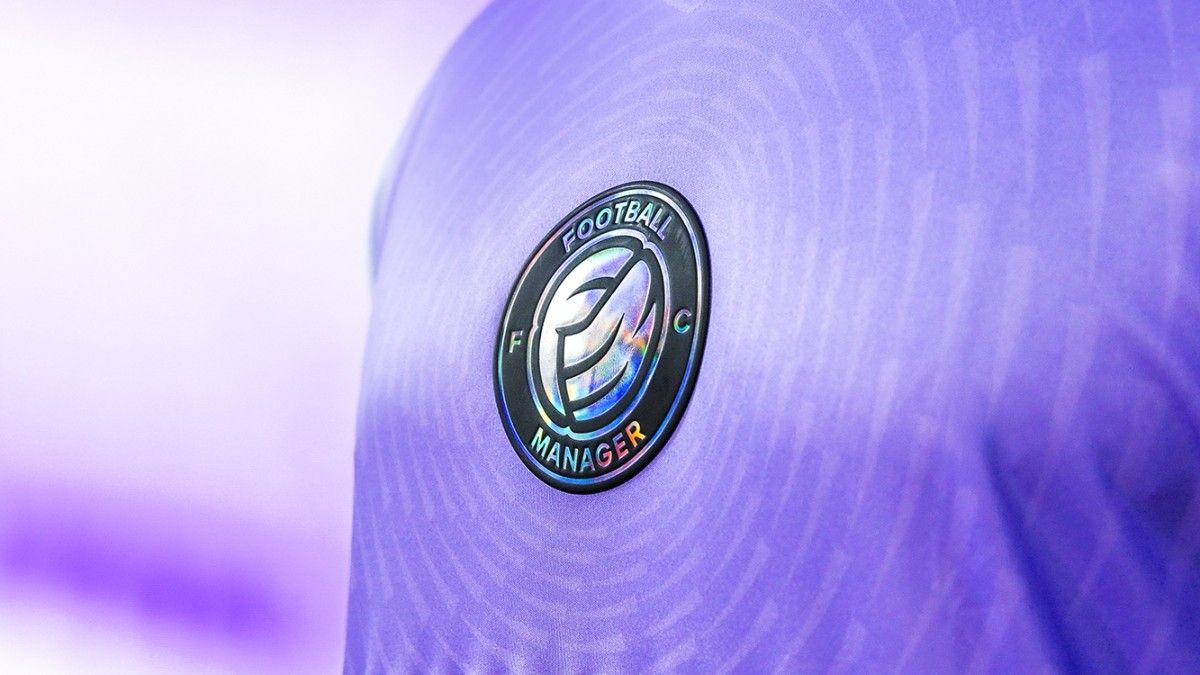2025 has seen a growing home security practice unheard of a few short months ago: Neighborhoods are using their security cameras and doorbells to track police activity in their area, like ICE raids in California, and share the information via apps like Ring Neighbors.
Law enforcement, which has grown accustomed to requesting home security videos for its own purposes, does not appear to be a fan of it used against their activities. Security companies walk a tightrope while deciding what to allow and what to block while following the latest laws and court orders. Owners, meanwhile, are worried about what this means for their privacy, safety, and freedom to use the tech they paid for.
I dug into the issue, asked Ring and Nextdoor where they stand on the subject and found the rules everyone should know about using security tech to track official activities this way. It's mostly good news, and it starts with what posts can stay up.
Rules about reporting law enforcement on apps like Ring Neighbors
Name streets and other nearby locations to help ensure your posts stay up.
Tyler Lacoma/CNETWhen I reached out to Ring about their Neighbors app policies regarding recent events and police raids (as well as Reddit reports about posts being taken down), they provided helpful information for their very specific policies.
The Ring spokesperson offered several useful details on what they ban, which includes general law enforcement presence. "So if you said ICE was spotted in Bell Gardens, it would be denied," their spokesperson said. Or posts asked, "Hey, is there any ICE activity in town?" wouldn't be allowed. Other posts get banned if they:
- Explicitly obstruct law enforcement
- Voice political opinions
- Assume immigration status or other types of prejudice
- Don't pertain to local events
Ring Neighbors does allow posts about specific law enforcement activity
Ring posts generally allow for targeted information, but not broad discussion or accusations.
Tyler Lacoma/CNETPosts which cite an exact location or images showing agents that are directly connected to an event tend to be fine. "If someone said 'I saw ICE knocking on doors at the IHOP on Florence and Pico,' it would be allowed," Ring explained. Other allowed posts provide info on the exact cross streets, addresses, complexes, blocks and so on.
The Ring spokesperson also added, "Sometimes posts that violate our guidelines are taken down after the fact, either as a result of post-publication moderation, user flagging, or user deletion. We always let customers appeal moderation decisions to ensure we're providing as consistent a standard as possible."
When I turned to Nextdoor, another popular neighborhood app used for discussing events, said something similar. "Our platform fosters discussions of local issues and, as such, our Community Guidelines prohibit broad commentary or personal opinions on national political topics," their spokesperson said. As long as it's a local issue and users follow the basic community guidelines (be respectful, don't discriminate, use your true identity, etc.), then posts should be fine.
Guidelines for posting on Ring Neighbors and more
Give details in your posts and thorough descriptions, especially if you're including a pic.
Tyler Lacoma/CNETWhen I visit my own Neighbors app, I see -- contrary to some reports -- that users frequently post about hearing sirens or police activity in their own neighborhoods, ask about masked strangers or raise questions about law enforcement.
Posts like these make it clear: You can still post about security concerns on Ring Neighbors and other apps, even and especially when they involve police activity. You can also post about people you don't recognize and strangers knocking, which opens the door (not literally) to talking about masked federal ICE agents that aren't wearing any identifiers.
In other words, it looks like what Ring said holds true. Explicit information citing current, local events, preferably with address data, is allowed.
"Focus on the behavior that raised your suspicion," Nextdoor recommends. "Describe the potentially criminal or dangerous activity you observed or experienced - what the person was doing, what they said (if they spoke to you). Include the direction they were last headed." Post with eyes on the safety of your neighborhood, and your post is less likely to be removed.
Finally, avoid posts that include gruesome content, or that violate someone's privacy, which are also red flags likely to lead to a block.
Can you coordinate with others on apps like Ring Neighbors?
Ring tends to allow conversations about what people can share concerning ongoing police events.
Tyler Lacoma/CNETThis is a gray area and it's difficult to know if discussions will get removed. In my experience on the Neighbors app, many discussions about sirens and unexplained police presence were left up, allowing people to provide additional information from their own perspectives, what they heard on police scanners, and so on.
It's possible that the more these posts mention ICE or federal enforcement, the more likely they'll be removed, and if conversations get derailed into national issues or general nonprofit advice they may be taken down. But many people have reported that they've successfully used apps like Neighbors to talk about nearby law enforcement raids, so I don't see any evidence of a blanket ban.
Groups using the Neighbors app to communicate important information or provide help should also be aware of the Neighbors Verified tag, which is available to both public safety agencies and community organizations. This tag makes it easier for Neighbors users to trust what a profile says or what announcements it makes. Verified accounts don't have access to any additional information about users.
Law enforcement covering up home doorbells and cameras
I have seen reports from areas like Denver about apparent federal agents covering up video doorbells in the process of conducting raids. In cases like these, there's obviously video evidence of it happening. It's still unclear if this is illegal under protections against unreasonable searches and seizures, but civil rights attorneys have claimed that it is. If anything like this happens, it's best to immediately save the recording -- and remember that agents almost always need a warrant to enter your home.
A few final rules to follow
Often the best response to a federal raid is no response at all, as well as remembering your rights.
Westend61 via GettyWhether you're worried about federal raids, curious about what law enforcement is doing in your area, or just want clarification about worrying events, remember a few basic rules as outlined by the National Immigrant Justice Center and the ACLU:
Don't escalate: In cases where federal agents or people appearing to be agents have knocked on doors, people have done nothing and simply waited for agents to leave. Remember, without a warrant they can't usually enter a house and if you have a video doorbell, it can still record everything that happens. Avoid confrontation when possible and don't give law enforcement anything to act on. Remember, everyone still has the right to remain silent.
If you feel your safety is endangered, call 911 or nonprofit help: Calling 911 is very helpful if you feel unsafe because of nearby events. You can explain the situation and have a record of the call. 911 is an emergency response service and isn't in the business of reporting to federal agents. There are also local immigrant rights numbers you can contact to report ICE, and groups like the ACLU can usually point you in the right direction.
For more information, take a look at the latest news on what Ring is letting the police see (it's good for privacy fans), the legal ramifications of recording video or audio in your home, and what you and landlords can legally do with security cameras.









 English (US) ·
English (US) ·